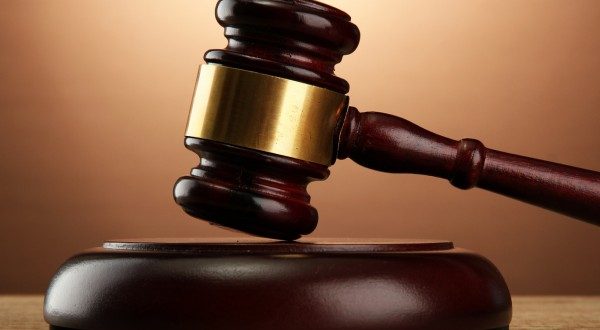Lawyer Chacha Mwita is expected back in court on Tuesday as Magistrate Gideon Kiage prepares to rule on whether he will remain in custody for 20 days. The Anti-Terrorism Police Unit (ATPU) has requested extended detention to complete investigations into alleged terror-financing activities.
Mwita was presented before the Kahawa West Law Courts on Monday and later returned to custody at Nairobi’s Industrial Area Police Station pending the ruling. The state argues that investigators need more time to gather evidence linking him to suspected recruitment networks and financial channels believed to support terrorism.
According to prosecutors, Mwita is accused of facilitating terrorist acts, offering services to terror organisations, and allegedly using multiple mobile phone numbers to receive funds from Binance accounts connected to both local and international terrorism financing. Detectives further claim he is tied to a coastal recruitment network said to be luring young people into extremist groups.
The ATPU also indicated that additional arrests are expected as part of a wider crackdown on a cryptocurrency-based financing network.
However, Mwita’s defence team—led by Advocates Lempaa Soyinka and Ayota Magati—has strongly dismissed the allegations. They argue that Mwita is being targeted for representing clients facing terror-related charges and insist that providing legal services to suspects is not a crime. The lawyers further described the state’s case as an attempt to intimidate legal practitioners who defend individuals accused of terrorism.
Mwita, a veteran lawyer with more than a decade of experience defending terror suspects, is widely regarded as a strong voice for civil rights and due process. His arrest has ignited substantial public interest due to both the gravity of the allegations and his professional profile.
The case comes at a time of heightened sensitivity surrounding terrorism investigations in Kenya, with the ATPU at the forefront of handling national security cases involving alleged financing or support for extremist groups. All eyes now turn to the court’s ruling, which could shape the trajectory of the high-profile probe.

